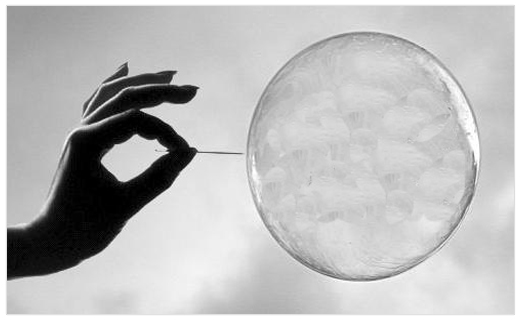Soaring Diesel Prices Highlight Likely Commodity Bubble

With diesel and gas prices climbing steeply, farmers have warned that food prices will inflate as a consequence. But more than just hike prices at the grocery store, rising production costs could burst what some economists speculate to be the newest market bubble.
The cost of diesel is directly tied to every facet of commodity farming and distribution. Drastic fuel and fertilizer price increases over the last several weeks have helped push up grain, meat and farmland prices to new, record highs.
Commodity prices, however, have been on the rise for over a decade.
The following United States Department of Agriculture statistics offer a sobering perspective on the unsustainable trend commodity prices have shown over the last 14 years:
- As of last month, the price that the average American farmer has received for a bushel of corn has nearly tripled over the average price sustained from 1998 through 2005. Soybeans and winter wheat have more than doubled in price over the same time.
- Naturally, as grain prices rise, so do the price of livestock, which rely on subsidized grain crops for feed. The average price of beef cattle as of last month, when compared to 1998 through 2005 prices, has almost doubled.
- Since 2002, the cost of seeds, fertilizer and fuel for farm equipment have all more than doubled.
Meanwhile, according to major farm land realtors, the cost of prime farmland has tripled in value since 2009 in some parts of the country.
These factors have led to a net farm income decrease for the average American farmer, according to USDA statistics. Even though gross farm income increased from $295 billion in 2004 to $366 billion in 2010, production cost increases made it so that net farm income in 2010 was actually $8.4 billion less than in 2004.
Total U.S. gross farm income hasn't kept up with the increase in grain and cattle prices, because price increases on eggs, milk and fruits have been more modest, Kentucky Agriculture Commissioner James Comer pointed out last week in a keynote speech for an agriculture appreciation event.
So, is the writing on the wall? Is the U.S. experiencing a hazardous agriculture bubble?




